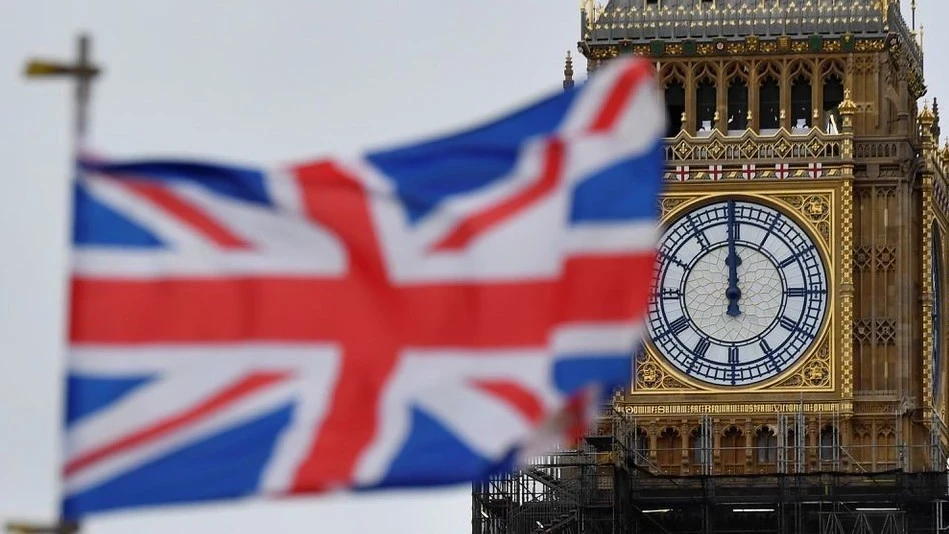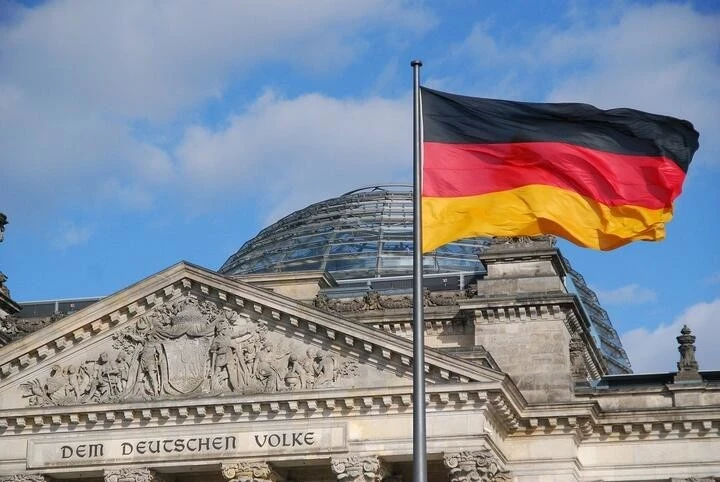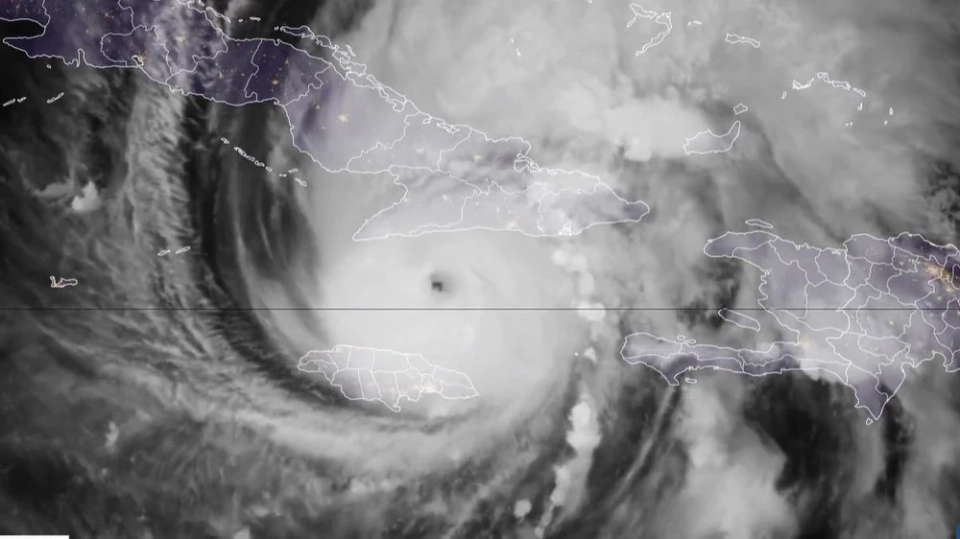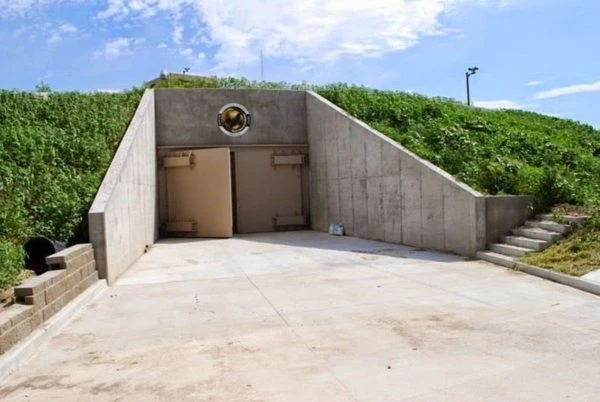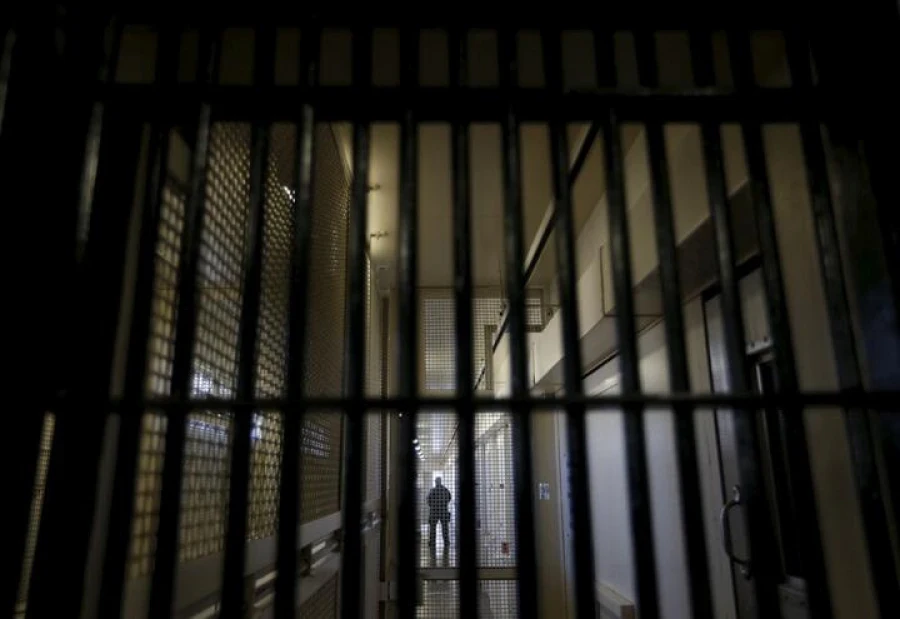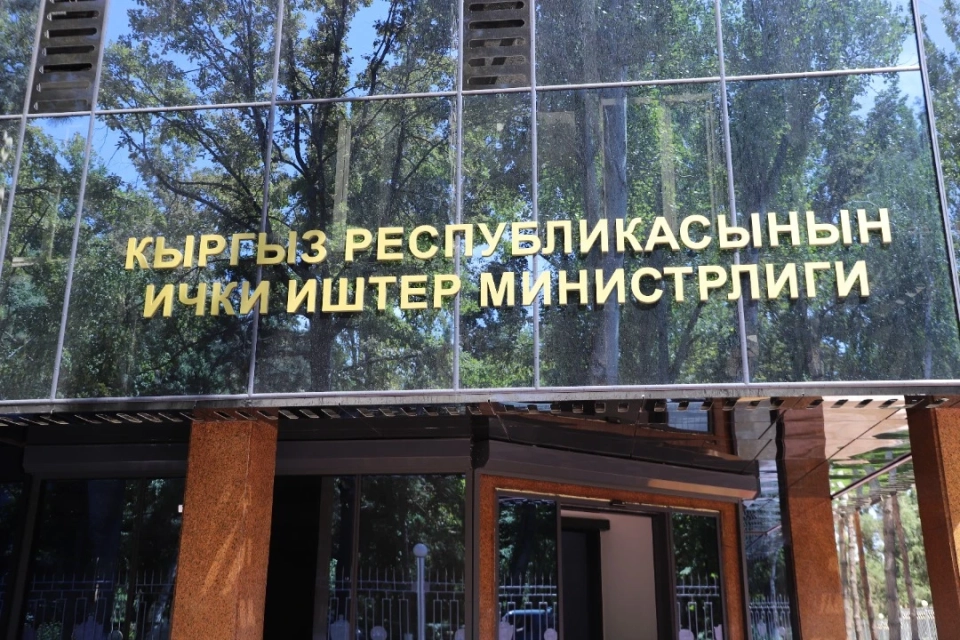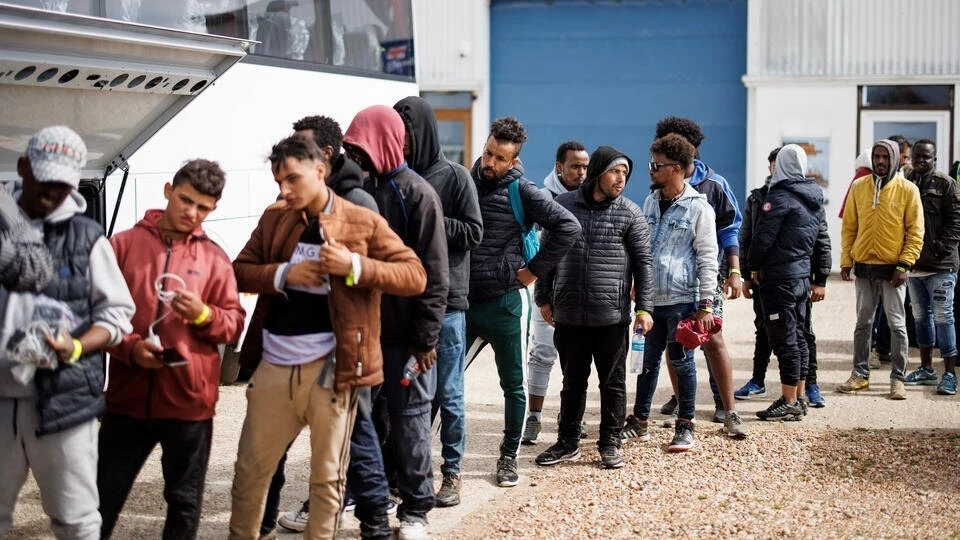
The United Kingdom has announced the start of a large-scale review of its asylum policy, based on a strict approach applied in Denmark, which has faced criticism from human rights advocates.
The government, led by the Labour Party, intends to tighten immigration measures, particularly concerning illegal border crossings across the English Channel in small boats.
At the same time, the "Reform Britain" party has significantly strengthened its position, placing the issue of immigration at the center of political discussions, which has forced the ruling party to adopt a tougher stance.
Home Secretary Shabana Mahmood stated that those who illegally enter the UK will only be able to apply for residency after living in the country for 20 years.
There are plans to review the mandatory financial support for certain categories of asylum seekers. Refugee status will be reviewed every two and a half years, while legally arrived applicants will be able to request residency after 10 years of living in the country.
Individuals arriving from countries deemed safe will be sent back to their homeland.
This year, over 32,000 people have arrived in the UK on small boats, with dozens having died on the way.
Financial support for working-age asylum seekers will be significantly reduced.
According to the new reforms, the Home Office states that "the legislative obligation to provide services such as housing and financial assistance to certain asylum seekers will be abolished."
The ministry, headed by Mahmood, clarified that these measures will primarily affect those who "can work but avoid employment, as well as those who break the law."
Tax-funded support will only be provided to those who are genuinely interested in economic development and integration into local communities.
On Monday, the minister plans to present more detailed information on measures aimed at reducing the appeal of illegal migration and simplifying the repatriation process.
More than 100 charities have written to Mahmood urging her to stop the "victimization" of migrants, arguing that such measures only serve to fuel racism and violence.
According to polls, immigration in the UK has become one of the top issues for voters, surpassing economic concerns.
The Danish Approach: From Temporary Asylum to Asset Confiscation
Since the beginning of 2025, more than 109,000 people have applied for asylum in the UK, which is 17% more than the previous year and 6% higher than the level in 2002.
The UK Home Office reported that the new reforms will be borrowed from models practiced in Denmark and other European countries, where asylum is temporary and protection conditional, requiring applicants to integrate into society.
Earlier this year, a delegation of senior officials from London visited Copenhagen to study the Danish approach, under which migrants receive temporary asylum for a period of two years with the possibility of reapplying.
If Denmark deems the country from which migrants arrived to be safe, they may be sent back to their homeland.
The process of obtaining citizenship has also become more complicated, with strict rules introduced for family reunification.
Among other measures, the adoption of a law in 2016 granted Danish authorities the right to confiscate valuables from asylum seekers to offset the costs of their maintenance, which sparked much controversy.
What is the current situation regarding asylum in the UK?
In the UK, asylum is granted to those who can prove they are not safe in their home country, and refugee status is granted to those who face persecution.
Refugee status in the country is valid for five years, after which refugees can apply for permanent residence if their case meets the necessary criteria.
Denmark has stated that due to its strict policy, the number of asylum applications has reached its lowest level in 40 years: about 95% of migrants with rejected applications have been deported.
Denmark's strict immigration policy has been in place for over ten years, and its Home Office reported that this has led to a historic low in asylum applications.
In the UK, there is a rise in anti-immigration sentiment, with regular demonstrations occurring outside hotels housing government-funded asylum seekers.
Negative attitudes towards illegal migrants are also increasing in other EU countries, especially after the 2015-2016 crisis when over a million people arrived in Europe via the Mediterranean and Balkan routes, placing significant strain on infrastructure.
Source: Euronews

